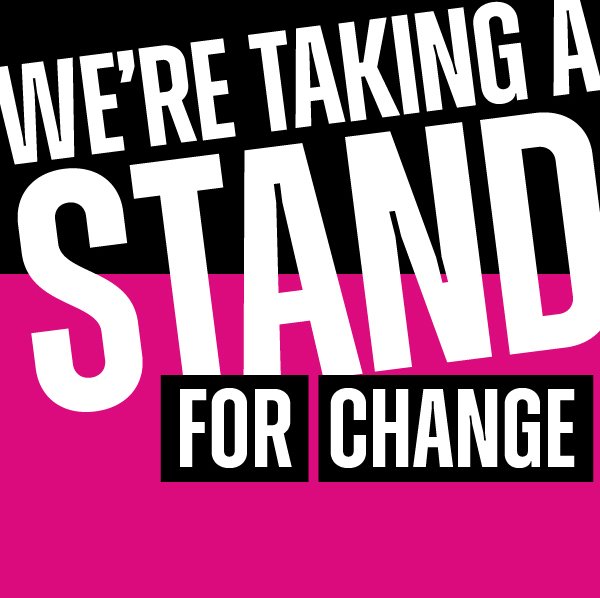Day 1 of the Conference focuses on the need for assured action on housing, retrofit, buildings fit for the future, safe products and overcoming the systemic barriers to climate change
Edge Debate #154: 10.45 – 11.45
Net zero housing: the quality-affordability conundrum
Housing today must address a triple bottom line: climate resilience, health and affordability
The Climate Change Committee calls for all new homes to be net zero carbon. Climate resilient homes must also be located in the right places with adequate services, jobs and transport nearby. They must be more than ‘housing estates’ and promote healthy living, with green spaces on their doorstep or at least within walking distance.
With the dramatic increase in remote working, what a ‘home’ must provide has changed. Homes need to be more adaptable and ideally, they should include flexible workspace, though this can also be provided through work hubs in community facilities. The sharing economy can support social interaction and neighbourliness.
In areas where average house prices can be multiple times local incomes, affordability is a dual challenge: initial purchase price and ongoing maintenance. New housing must be durable for the long term and designed to perform so that energy use is predictable.
Chair:
Catherine Adams, Director of Building Systems and Net Zero’, Department of Levelling Up, Housing and Communities (DLUHC)
Speakers:
Standards, policies and action plans
The Net Zero Carbon Buildings Standard
Katie Clemence Jackson, Technical Project Manager, UK Net Zero Carbon Buildings Standard
The Healthy Homes Bill for healthy, affordable homes
Rosalie Callway, Healthy Homes Campaign Leader, Town and Country Planning Association (TCPA)
The long-term delivery plan responding to the challenges
Ed Lockhart, Chief Executive, Future Homes Hub
What is really ‘affordable’?
Cara Pacitti, Senior Economist, The Resolution Foundation
A developer’s perspective: the right homes in the right place
Andrew Day, Sustainability Director, Hill Group
Edge Debate #155: 13.00 – 14.00
Retrofitting our existing homes at scale
The UK’s approximately 28 million homes are responsible for almost a third of our CO2 emissions. The challenge is to develop realistic whole house retrofit strategies that can be rolled out at scale across a wide variety of housing types and tenures.
The establishment of the National Retrofit Hub creates a single platform to coordinate learnings and actions across this highly fragmented sector that is crucial to achieving both net zero and a just transition. Launched in March 2023, the Hub has assembled a dynamic and diverse team drawing together experts from industry, the professions and academia.
Retrofitting homes delivers much more than carbon saving – it can dramatically improve health and wellbeing and reduce social inequality. How do we value the social co-benefits: local jobs and skills, improved health and ultimately low or lower running costs?
And crucially how do owners and tenants find out what should be done and trust that it will be undertaken well? For each individual home or archetype, what is the right balance between heat demand reduction and heat supply decarbonisation?
Chair:
Lynne Sullivan, Chair, National Retrofit Hub and Good Homes Alliance
Speakers:
What do we need to know? Lessons from Wales
Chris Jofeh, Chair, Independent Implementation Group on the Decarbonisation of Existing Homes, Welsh Government
Housing types and their appropriate decarbonisation journey
Sara Edmonds, Co-director, National Retrofit Hub
What is the finance? How do we estimate how much is needed?
David Adams, Net Zero Strategic Consultant, UK Green Building Council (UKGBC)
Local delivery models and skills
Brian Berry, Chief Executive, Federation of Master Builders
Edge Debate #156: 15.00-16.00
Post-Grenfell update: can better product testing improve building safety?
In her report on the Grenfell tragedy, Dame Judith Hackitt highlighted the weaknesses in the industry’s current approach to product testing, labelling and marketing. About two-thirds of construction products are currently unregulated, according to the Independent Review of the Construction Product Testing Regime (April 2023) led by Paul Morrell OBE and Anneliese Day KC.
The Independent Review provided comprehensive recommendations for both industry and government to tackle the lack of accountability in the construction products marketplace.
What measures have been taken in the year since publication? What must be done next?
Chair:
Caroline Gumble, Chief Executive, CIOB
Speakers:
The report one year on:
Paul Morrell OBE, Inquiry co-chair
A Code for Construction Products Information
Peter Caplehorn, Chief Executive, Construction Products Association (CPA)
The Specifiers’ perspective
Richard Harral, Technical Director, Chartered Association of Building Engineers (CABE)
Edge Debate #157: 16.15-17.00
Systemic barriers to tackling climate change
Dealing with climate change is proving an intractable challenge. Is this a failure of public leadership as well as systemic challenges? What can unlock the barriers for change at the pace required?
Who needs to make the changes? Where are the glimmers of hope?
Smith Mordak, Chief Executive, UK Green Building Council (UKGBC) in conversation with their guests,
Danisha Kazi, Head of Economics, Positive Money
Simon Sharpe, Director of Economics for the UN Climate Champions, Senior Fellow at the World Resources Institute and author of Five Times Faster
